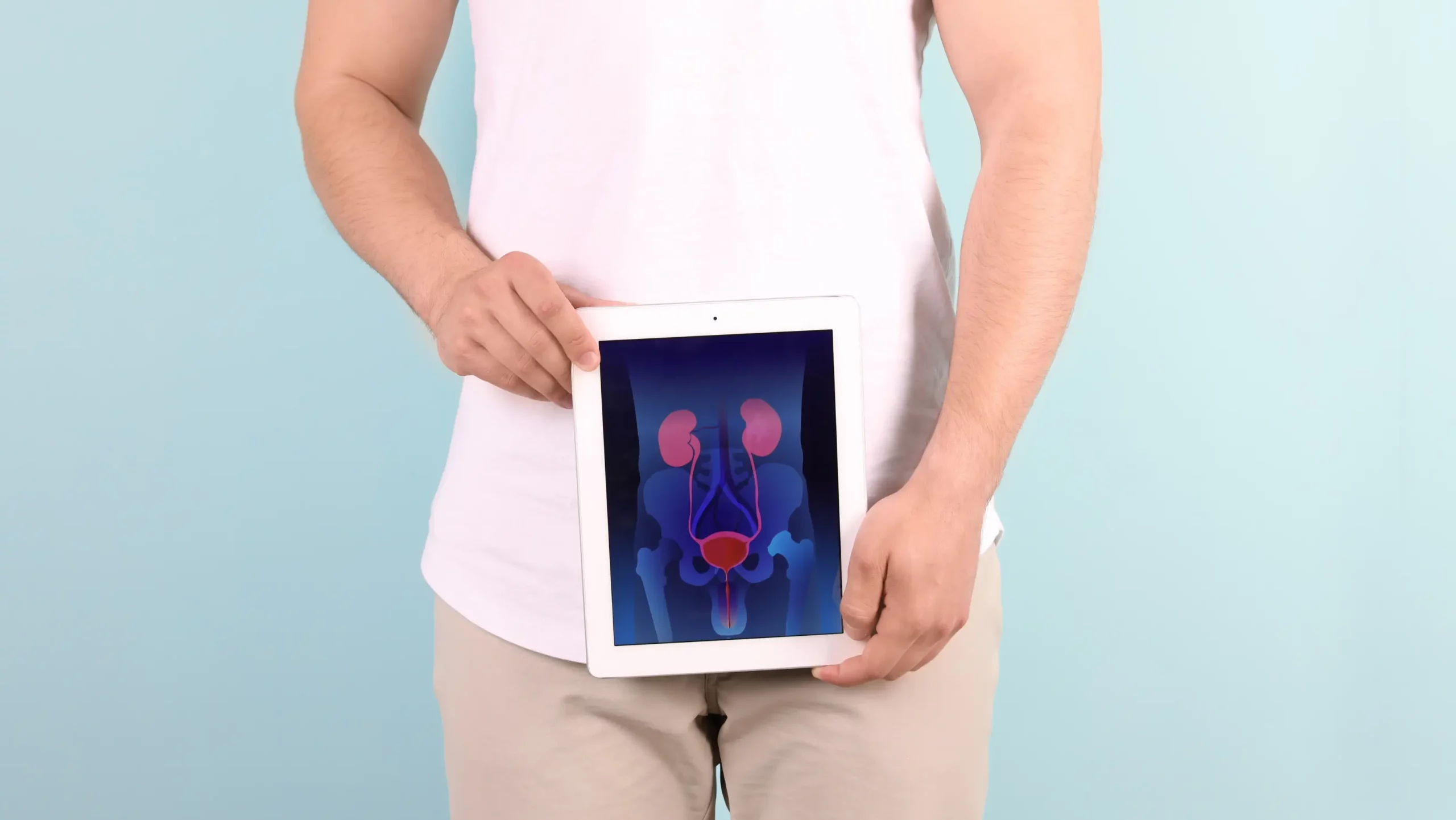Escherichia Coli (commonly known as E.coli) is a major type of bacteria that usually causes urinary tract infections or UTIs. This bacteria is found in our intestines and so our overall urinary tract system is at risk to be infected by this bacteria. Besides E. coli, other bacteria types involved in causing UTIs include:
- Enterococcus faecalis
- Klebsiella pneumoniae
- Proteus mirabilis
- Pseudomonas aeruginosa
- Staphylococcus saprophyticus
Urinary tract infection (UTI) is the infection of the urinary system caused by bacteria. Our urinary system is composed of kidneys, ureters (tubes coming from the kidneys to bladder), bladder, and urethra (tube that discharges urine from the bladder and out of the body). In medical terms, UTI in the kidneys is known as pyelonephritis while UTI in the bladder is known as cystitis.
Also Read: Are Artificial Sweeteners Bad For Your Teeth?
The symptoms of UTI include burning sensation or pain during urination, intense need to urinate and pass a little of urine, cloudy or bloody urine, feeling tired, fever, and pain in the lower back or abdomen.
Women are more susceptible to UTIs than men because of their anatomy. Women have shorter urethra which is closer to the anus than men. So there are more chances for bacteria found in the intestine (such as E. coli) to get out of the anus and enter into their urethra. If not treated, the infection travels up to the bladder and then up to the kidneys. That is why doctors advise women to wipe from front to back while using the washroom.
In women, other causes of UTI include; having sex, diabetes, harmone changes, multiple sclerosis, and any obstacle in the urine flow (like kidney stone, stroke, and injury in the spinal cord).
In men, the most common causes of UTI are sexually transmitted diseases (such as chlamydia and gonorrhea), enlarged prostate, diabetes, and other medical issues.
What causes urinary tract infection?

Urinary tract infections (UTIs) are caused by a variety of factors, including bacteria entering the urinary tract through the urethra, poor hygiene habits, and certain medical conditions.
Bacteria such as Escherichia coli (E. coli), Staphylococcus saprophyticus, Proteus mirabilis and Klebsiella pneumoniae can enter through the urethra during sexual intercourse or when wiping from back to front after using the restroom.
🔬 Subscribe to SciMail
Get the latest science discoveries straight to your inbox!
Also read: Bottled Water May Contain 240,000 Invisible Plastic Particles!
Poor hygiene habits such as not urinating after sex or not cleaning properly can also contribute to UTIs. Certain medical conditions like diabetes mellitus and an abnormality in anatomy may also increase one’s risk for developing a UTI due to increased susceptibility for bacterial growth in those areas affected by these conditions.
List Five Bacteria That Can Cause Urinary Tract Infection
The following are five bacteria types that can cause urinary tract infections (UTIs):
- Escherichia coli
- Enterococcus faecalis
- Klebsiella pneumoniae
- Proteus mirabilis
- Staphylococcus saprophyticus
Bacteria Causing UTI In Females

Escherichia coli is the most common bacteria that causes UTI in females. This bacteria is found in the intestines and the anatomy of females make them more susceptible to get UTI due to this bacteria. Besides E. coli, other gram-negative bacteria that cause nosocomial UTI (hospital acquired or healthcare associated UTI) in females include Corynebacterium urealyticum and the species of Pseudomonas, Citrobactor, Enterobactor, Serratia, Klebsiella, Proteus, and Providencia.
Gram-positive bacteria species like Enterococcus and Staphylococcus species can also cause nosocomial UTI in females. S. saprophyticus is also a common bacterial species that causes UTI in younger women.
Bacteria Causing UTI In Males
The most common bacteria that causes UTI in males is Escherichia coli. Other bacteria that possibly cause UTI in males include the species of Klebsiella, Enterobactor, Serratia, Proteus, and Pseudomonas.
Types Of Bacteria In Urine
In a study, the following types of bacteria were found in the urine of a female patient with UTI:
Escherichia coli (67.2%), Enterococcus faecalis (7.4%), Enterobactor (5.7%), Pseudomonas aeruginosa and other Pseudomonas species (2.5%), Klebsiella, Streptococcus and Acinetobacter species (1.6%).


Leave a Reply